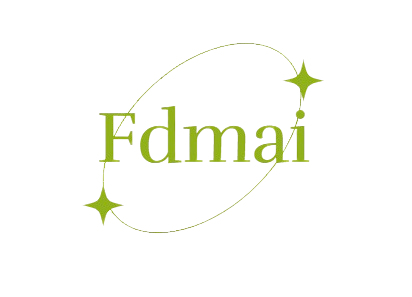The craft of writing is a journey filled with both challenges and joys. Whether you are a seasoned author or just starting, countless books offer valuable insights, practical tips, and inspiration. Here’s a curated list of some of the best books about writing that every aspiring writer should consider reading.
- “On Writing: A Memoir of the Craft” by Stephen King
Part memoir and part masterclass, Stephen King’s “On Writing” is a must-read for anyone interested in the craft. King shares his personal journey as a writer, offering practical advice on everything from the fundamentals of writing to getting published. His honest reflections on both the art and the struggle of writing resonate deeply with readers.
- “Bird by Bird: Some Instructions on Writing and Life” by Anne Lamott
Anne Lamott’s “Bird by Bird” is both humorous and heartfelt, providing a unique perspective on the writing life. Through personal anecdotes and practical advice, Lamott encourages writers to embrace the messy process of creation. The book’s title references her father’s advice to her brother on how to tackle the daunting task of writing: one step at a time.
- “Writing Down the Bones: Freeing the Writer Within” by Natalie Goldberg
In “Writing Down the Bones,” Natalie Goldberg combines writing exercises with Zen principles to inspire creativity. This book is ideal for writers seeking freedom in their writing practice, as Goldberg emphasizes the importance of writing as a meditation and a way to connect with one’s inner voice.
- “The Elements of Style” by William Strunk Jr. and E.B. White
A classic reference book for writers, “The Elements of Style” provides fundamental principles of English style and composition. Strunk and White offer timeless advice on grammar, usage, and clarity, making this book an essential guide for writing with precision and elegance.
- “The War of Art: Break Through the Blocks and Win Your Inner Creative Battles” by Steven Pressfield
While not solely about writing, “The War of Art” addresses the challenges that all creative individuals face, such as procrastination and self-doubt. Pressfield’s straightforward and motivational approach inspires writers to confront their inner resistance and cultivate a disciplined, productive writing practice.
- “The Artist’s Way: A Spiritual Path to Higher Creativity” by Julia Cameron
Julia Cameron’s “The Artist’s Way” is a guide to rediscovering and nurturing your creative self. Through a 12-week program, Cameron offers exercises and tools to help unblock creativity and foster a writing habit. The concept of “morning pages,” where writers free-write every morning, has become a popular practice among many creatives.
- “Story: Substance, Structure, Style and the Principles of Screenwriting” by Robert McKee
Though primarily aimed at screenwriters, Robert McKee’s “Story” offers invaluable insights into storytelling that can apply to any narrative form. McKee discusses the elements of structure, character development, and conflict, providing a comprehensive look at what makes a story compelling.
- “Writing Fiction: A Guide to Narrative Craft” by Janet Burroway
A staple in many writing programs, “Writing Fiction” covers key elements of fiction writing, from character and plot to dialogue and theme. Burroway provides clear explanations, examples, and exercises, making this book suitable for both beginners and experienced writers seeking to hone their craft.
- “The Writing Life” by Annie Dillard
In “The Writing Life,” Pulitzer Prize-winning author Annie Dillard reflects on the process of writing with lyrical prose. This book offers a glimpse into the joys and struggles of a writer’s life, encouraging readers to explore their passion while facing the realities of the creative journey.
- “The Writing Revolution: A Guide to Advancing Thinking Through Writing in All Subjects and Grades” by Judith C. Hochman and Natalie Wexler
Though focused on education, “The Writing Revolution” provides practical insight into teaching writing and developing clear written communication. The book’s methods can help writers of all levels think critically and express their ideas effectively, making it valuable for both educators and aspiring authors.
Conclusion
Reading books about writing can offer diverse perspectives, practical tools, and inspiration to fuel your creative journey. Each of these titles provides unique insights that can enhance your writing skills, motivate you in the face of challenges, and ultimately help you find your voice as a writer. Whether you’re looking for craft techniques or philosophical musings, these books are sure to enrich your writing experience.











